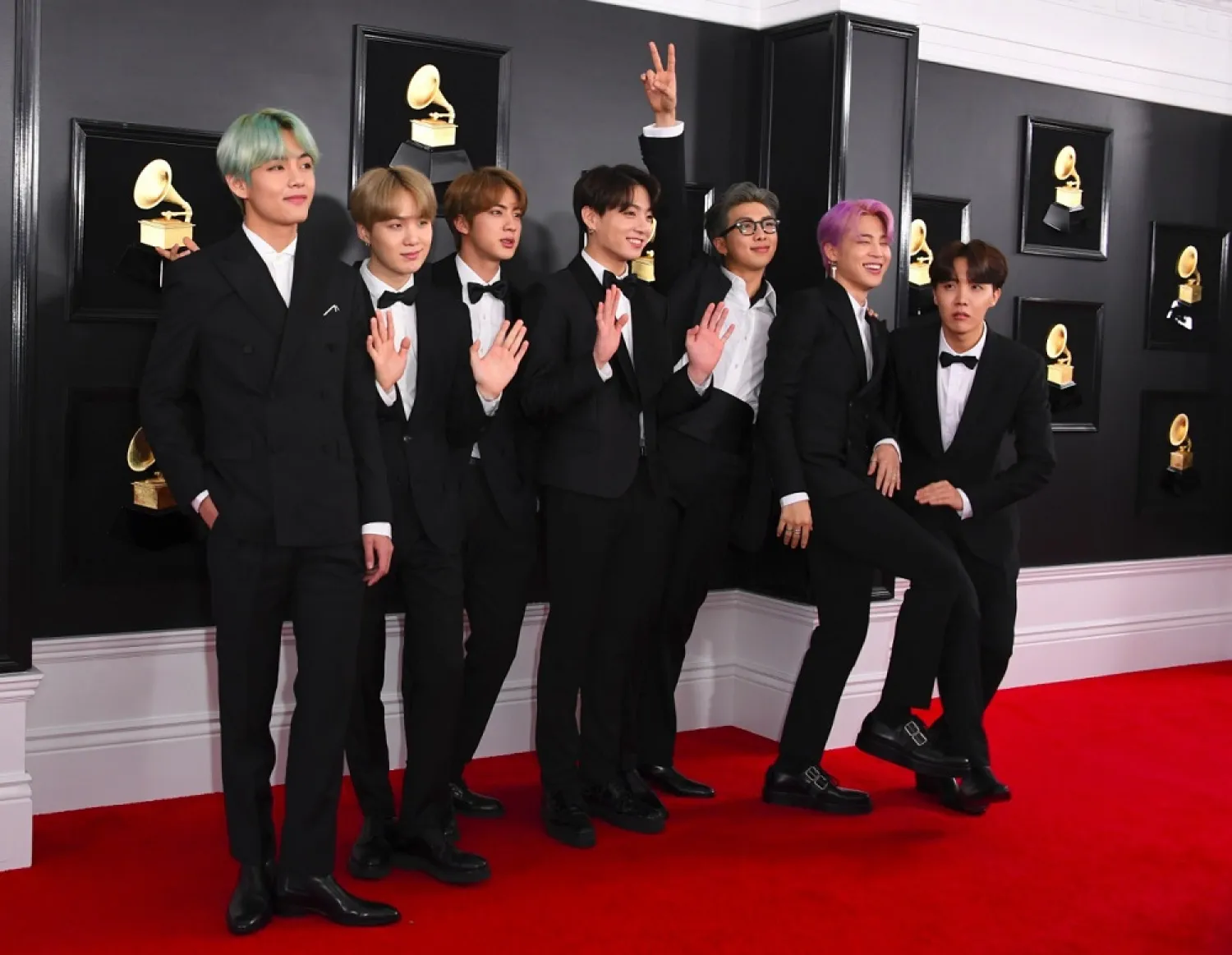The Riyadh Season festival kicked off on Friday with a concert by global K-pop sensation BTS.
Attracting a massive crown of avid fans, the septet performed at the King Fahd International Stadium.
The concert was part of their record-breaking BTS World Tour “Love Yourself: Speak Yourself”, which was crowned the top-grossing tour for May, amassing over $50 million during that month alone, cementing BTS’ position as the biggest pop act on the planet.
Global icons, BTS have enjoyed unprecedented success in the Middle East and are the only Korean pop act to ever reach 25 million plays on Anghami, the MENA region’s largest music streaming service – further proof of the massive impact their music has had on fans throughout the region.
BTS World Tour “Love Yourself: Speak Yourself” kicked off its monumental stadium run on May 4 at the Rose Bowl Stadium in Los Angeles before traveling through Soldier Field in Chicago, MetLife Stadium in E. Rutherford, New Jersey, Allianz Parque in Sao Paulo, Brazil, Wembley Stadium in London and Stade de France in Paris, France. It also recently hit Yanmar Stadium Nagai in Osaka and Shizuoka Stadium Ecopa in Shizuoka, Japan this month.
The global boyband recently made history as the first Korean act to present at the Grammy Awards. In 2018, BTS scored two number 1 albums on the Billboard 200, embarked on a sold out world tour, landed the cover of TIME, and had the highest-grossing cinema event with Burn the Stage: the Movie.
Saudi Arabia witnessed its first ever K-pop concert in July with superstar group Super Junior performing at the Jeddah Season festival.
In line with one of the pillars of the Kingdom's vision 2030 in creating a vibrant society, the General Entertainment Authority (GEA) has been established to organize, develop and lead the entertainment sector in providing exciting entertainment options and experiences tailored to the needs of people from all walks of life around Saudi Arabia. GEA also stimulates the role of the private sector in building and developing entertainment activities.
The General Entertainment Authority contributes to supporting the Saudi economy by participating in diversifying its sources, raising its gross domestic product, supporting small and medium enterprises, and increasing the proportion of foreign direct investment in the entertainment sector.









